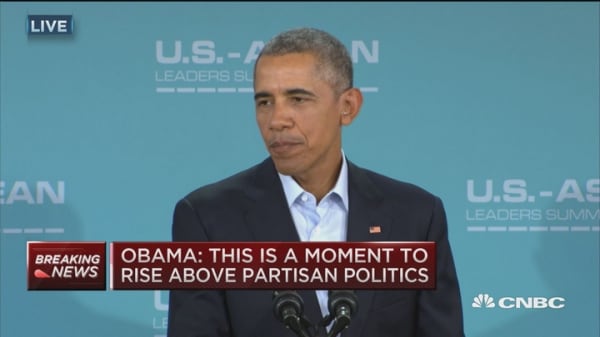Expect a left turn in the Supreme Court in the coming months.
Even if Senate Republicans succeed in blocking President Barack Obama's expected nominee to replace Antonin Scalia, the court will likely be the most liberal in decades.
That's because nearly every justice — Democratic or Republican — has become more liberal over time. Even before the death of Scalia on Saturday, the justice in the ideological center of the court (in this case Justice Anthony Kennedy) was slightly more liberal than conservative, the first time that's happened since the 1960s.
Those findings are based on a prominent quantitative approach to measuring the views of the justices — Martin-Quinn scores. The model uses each justice's voting pattern in relation to the other justices to place him or her on a spectrum between liberal (more negative scores) and conservative (more positive scores). Justice Samuel Alito is the sole exception to the liberalizing of the court.





